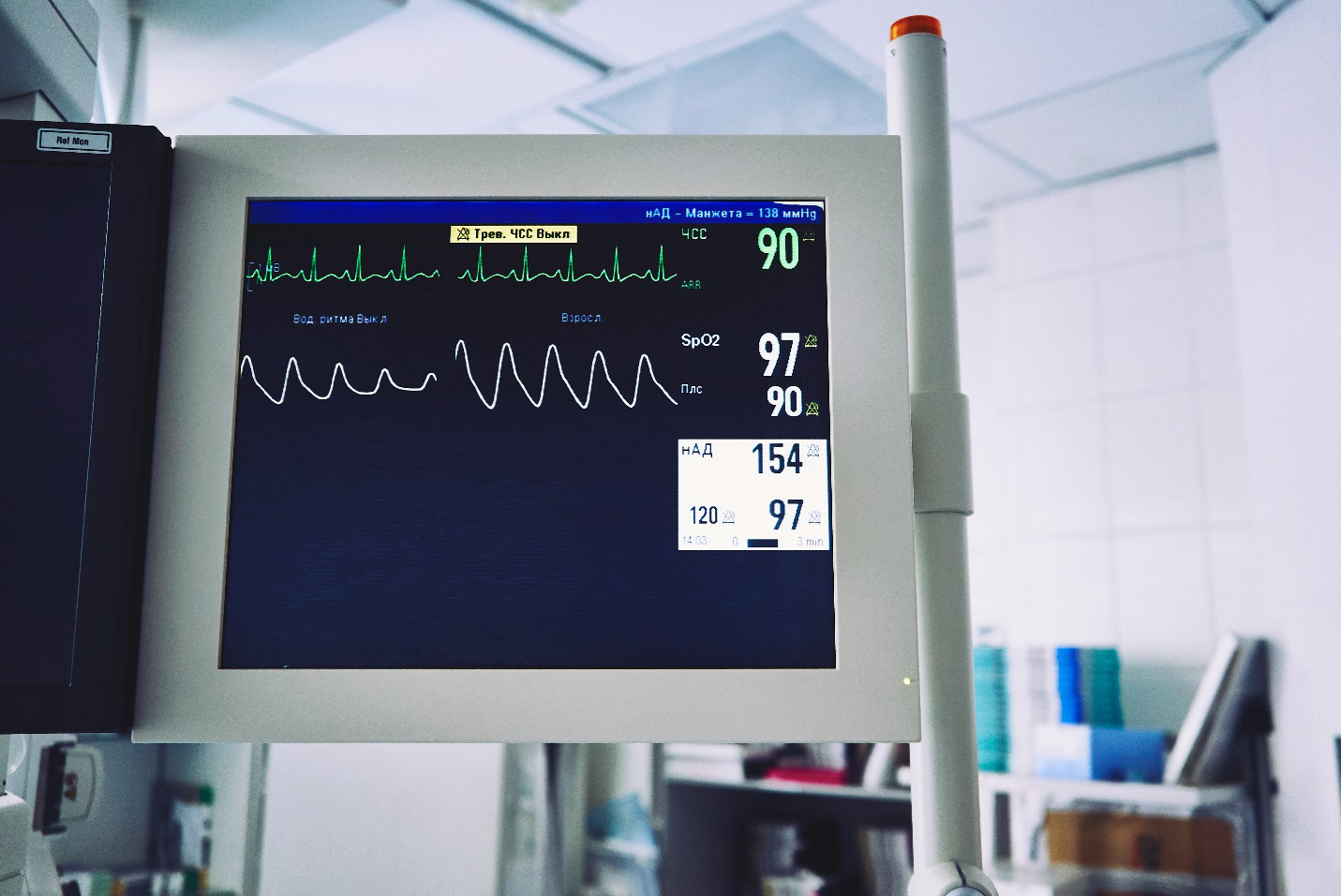Numerous cardiac monitors are available today, but the two most commonly used are the ECG and Holter monitors. They’re both vital medical machines for diagnosing and monitoring heart conditions but differ in numerous ways. Both cardiac monitors are different in every aspect, from the purpose to the scope to the functionality. This blog post will help you understand the key differences between Holter monitors and ECG monitors.
Purpose and Usage
The primary use of the Electrocardiogram (ECG) machine is to get a quick and comprehensive picture of the heart’s electrical activity. The ECG machine records the heart's electrical activity for a few seconds to a few minutes and is typically operated in a clinical setting. These machines are suitable for detecting acute heart problems like arrhythmias and heart attacks.
On the other hand, Holter monitors are portable machines primarily used to continuously monitor the heart’s electrical activity. It records the heart’s activity over one or more days and can be used by the patient during their normal daily activities. The patient doesn’t have to present in a clinical setting. Holter monitors are ideal for diagnosing intermittent heart symptoms like dizziness, palpitations, unexplained fainting, etc., which isn’t possible during an ECG test.

Functionality
ECG machines immediately provide a detailed recording of the heart’s electrical activity. It shows various waveforms that represent different aspects of heart function. It enables the healthcare provider to conduct a detailed analysis of the heart’s electrical conduction and rhythm from different angles as it uses 12 leads placed on different areas of the patient’s chest.
Holter monitors record the heart’s activity continuously over an extended duration. The readings are analyzed for irregularities. The Holter monitors have 2 to 5 leads placed on a patient’s chest. The readings are more detailed and can be used to identify heart conditions that may not be possible with ECG machines.
Practicality
ECG machines are quick and non-invasive but require the patient to be physically present in a clinical setting under the supervision of a professional. On the other hand, Holter monitors are also non-invasive, but their portability makes it possible for the patients to record heart activity as they go about their day’s activities. Although more expensive than ECG, Holter monitors are superior to ECG machines as they provide more detailed data that is collected over a long duration.
All in all, ECG machines are suitable when you need to run a quick test to analyze the heart’s electrical activity, and Holter monitors are ideal when you need to capture intermittent symptoms.
The efficiency of a heart monitor greatly depends on how efficient the machine is. If you’re looking for a reliable retailer specializing in high-quality cardiac monitors, visit MedLab America. Choose from a collection of different cardiac monitors and ensure optimum heart health.

